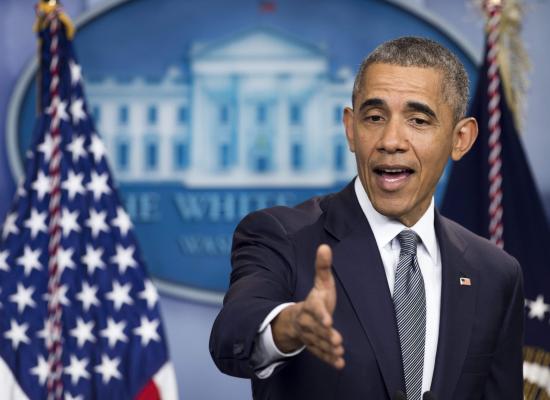Psychoanalyst Ira Moses is Director of Training at the William Alanson White Institute of Psychiatry in New York City.
What is the impact of the classification of the “28 pages” concerning the 9-11 attacks on Americans’ perceptions of their government?
Sigmund Freud said that there are three “impossible professions:” parent, psychoanalyst, and head of government. It is all too easy to doubt the motives of the government when decisions are made without the citizens being aware of all the thinking that went into the decision. And there is often a struggle in governance between the importance of transparency in order to maintain the trust of the people and the importance of keeping reports and documents classified and secret in order to maintain national security. Difficulties arise when documents and reports are partially secret, in that our minds cannot stand a vacuum or a blank slate — especially when it is in regards to one of the most catastrophic events in American history.
What is the effect on the psyche of the average American?
Without the missing information in the 28 redacted pages, groups and individuals will easily and unconsciously project their fantasies and basic assumptions to fill in the space. Individuals all too easily become quite susceptible to rumours and gossip from sources with whom the individual tends to associate. Though at one time it may have been necessary to redact the 28 pages, one wonders why there is a major increase in reports and speculation as to its contents now. One’s fantasies about the hidden material would be influenced by our fears and anxieties — somewhat like our fear of walking in the dark or a child’s fear of the bogeyman in their bedroom they cannot see. When our security is threatened, our fears may be easily intensified.
How has the recent resurgence in discussions of September 11 played into Americans’ effort to grapple with the phenomenon of terrorism in general, or more broadly understand Arab and Islamic issues?
People are vicariously traumatized by watching the news and hearing the stories of the victims in Brussels, for example. They’re anxious about all Muslims, because most Americans cannot differentiate the different forms of Islam, and thus they tend to project their fears onto all of Islam, and then feel attacked again by being called “Islamophobic,” which doesn’t really help. They are worried about their children growing up in this society. That’s where individuals are focused. They’re not into the deep policy discussions. Their minds are consumed with threats to their security and the security of their families. Even when they get to the airport, they’re anxious. And I think that they are more afraid now than they’ve ever been before.
